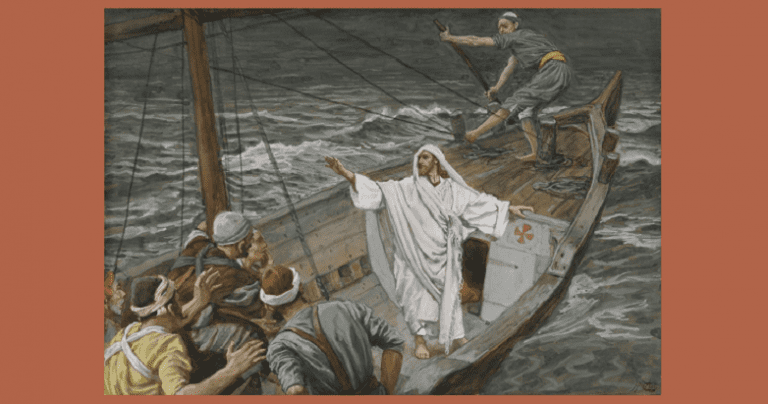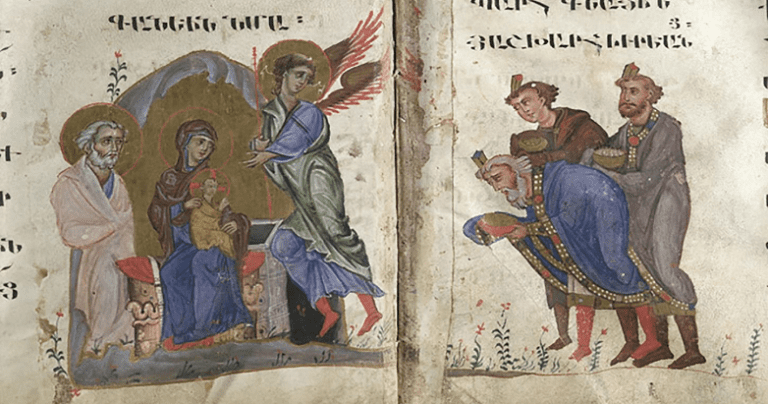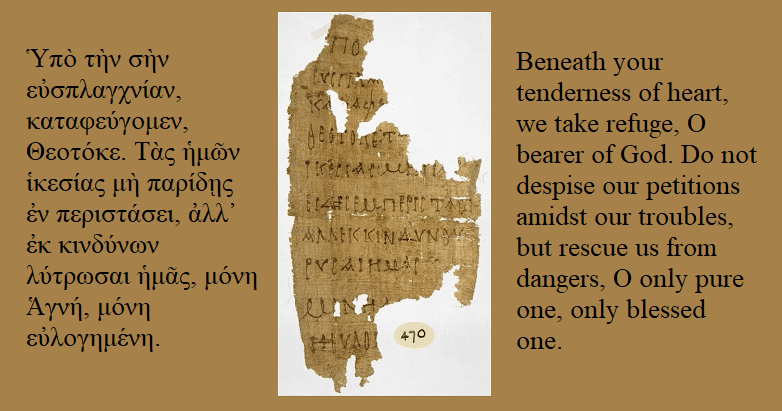 |
| From "The Adulterous Woman-- Christ Writing Upon the Ground," by J. Tissot. Brooklyn Museum / Public Domain. |
22 January 2020
Forty-Seventh Anniversary of Roe vs. Wade
The U.S. bishops have designated this an annual day of penance for violations to the dignity of the human
person committed through acts of abortion, and of prayer for the full
restoration of the legal guarantee of the right to life.
Mass for Peace and Justice
Matthew 5:1-12a.
When Jesus saw the crowds, he went up the mountain, and
after he had sat down, his disciples came to him. He began to teach them,
saying:
“Blessed are the poor in spirit,
for theirs is the kingdom of heaven.
Blessed are they who mourn,
for they will be comforted.
Blessed are the meek,
for they will inherit the land.
Blessed are they who hunger and thirst for righteousness,
for they will be satisfied.
Blessed are the merciful,
for they will be shown mercy.
Blessed are the clean of heart,
for they will see God.
Blessed are the peacemakers,
for they will be called children of God.
Blessed are they who are persecuted for the sake of
righteousness,
for theirs is the kingdom of heaven.
Blessed are you when they insult you and
persecute you and utter every kind of evil against you falsely because of me.
Rejoice and be glad, for your reward will be great in
heaven.”
These beatitudes show us the heart of Christ.
They can fill, shape and guide our hearts as we obey the
U.S. bishops today in fasting, almsgiving and other penances for violations to
the dignity of the human person committed through acts of abortion.
Let us note well that our bishops have asked US to do
penance today.
They have not asked us to call the GUILTY to do penance.
Rather the bishops have asked us to do penance for the
wrongs of others.
We here in this place, this monastery, are men, MALES.
We monks are to do penance not only for women who have
defended, performed or sought abortions.
We are to do penance also for:
·
men who have performed abortions,
·
men who have pushed or forced women to seek
abortion,
·
men who have raped and impregnated women,
·
and men who have impregnated willing women
but abandoned them to deadly desperation.
Taking this to heart as men, we must remember that we
follow Christ.
Christ is truly and fully the only innocent man.
Yet he freely took on penance unto death for all the sins
of all men and women from the world’s beginning until its end.
To BE IN Christ and FOLLOW him is to embrace a share in
suffering on the cross for the sins of the world, including OUR OWN sins, for
WE are not yet the Blessed who are the clean of HEART.
Blessed are the clean
of HEART, for they will SEE God.
Later in his Gospel, Christ would say a bit more to MEN,
to MALES specifically, about the HEART and SEEING.
He said that every
one who LOOKS at a woman lustfully has ALREADY committed adultery with her in
his HEART. [Mt. 5:28]
ALREADY!
That’s a strong saying.
So, if we let our eyes and hearts sin, then we take part
in the culture of death that aborts children whom our fellow men have conceived
through bodily sin like unto the sin in our hearts.
For every one who
looks at a woman lustfully has ALREADY committed adultery with her in his
heart.
Just as BAPTISM plunges us into the communion of SAINTS,
so also does SIN plunge us into the communion of SINNERS.
In our doing penance for the abortions that other men and
women have supported, forced, sought or performed, we must not think ourselves
innocent while we think them guilty.
Let him who is without
sin among you be the first to throw a stone at her. [Jn. 8:7]
In our doing penance for abortion, we must take on the
beatitude of Christ.
At his baptism, he— EVERLASTINGLY SINLESS— plunged into
water that was spiritually dirty from washing sinners.
Everlastingly innocent, Christ plunged into the sin and
guilt of sinners, thus becoming, as John saw and said there at the waters, the Lamb of God, who takes away the sin of
the world. [Jn. 1:29]
For our sake God made
Christ to be sin who knew no sin, so that in Christ we might become the
righteousness of God. [2 Cor. 5:21]
We who do this in
memory of him and in memory of his Body and Blood on the cross, we SINNERS
join him who is SINLESS in offering ourselves to suffer for many for the forgiveness of sins.
Blessed are the
merciful, for they will be shown mercy.
God shed mercy upon the human soul and body in the
resurrection of Christ to NEW LIFE.
NEW LIFE!
If we would displace a culture of DEATH, build a culture
of LIFE, and honor the right to LIFE of children waiting to be born, we must
forever begin with OURSELVES.
Otherwise we act and build falsely.
It is we, then, who must always be the first to REPENT AND BELIEVE IN THE GOSPEL!














![So Jesus came out, wearing the crown of thorns and the purple robe. Pilate said to them, "Behold the man!" [John 19:5] Scandal.](https://wp-media.patheos.com/blogs/sites/1276/2020/01/EcceHomo-twin-black.png)

